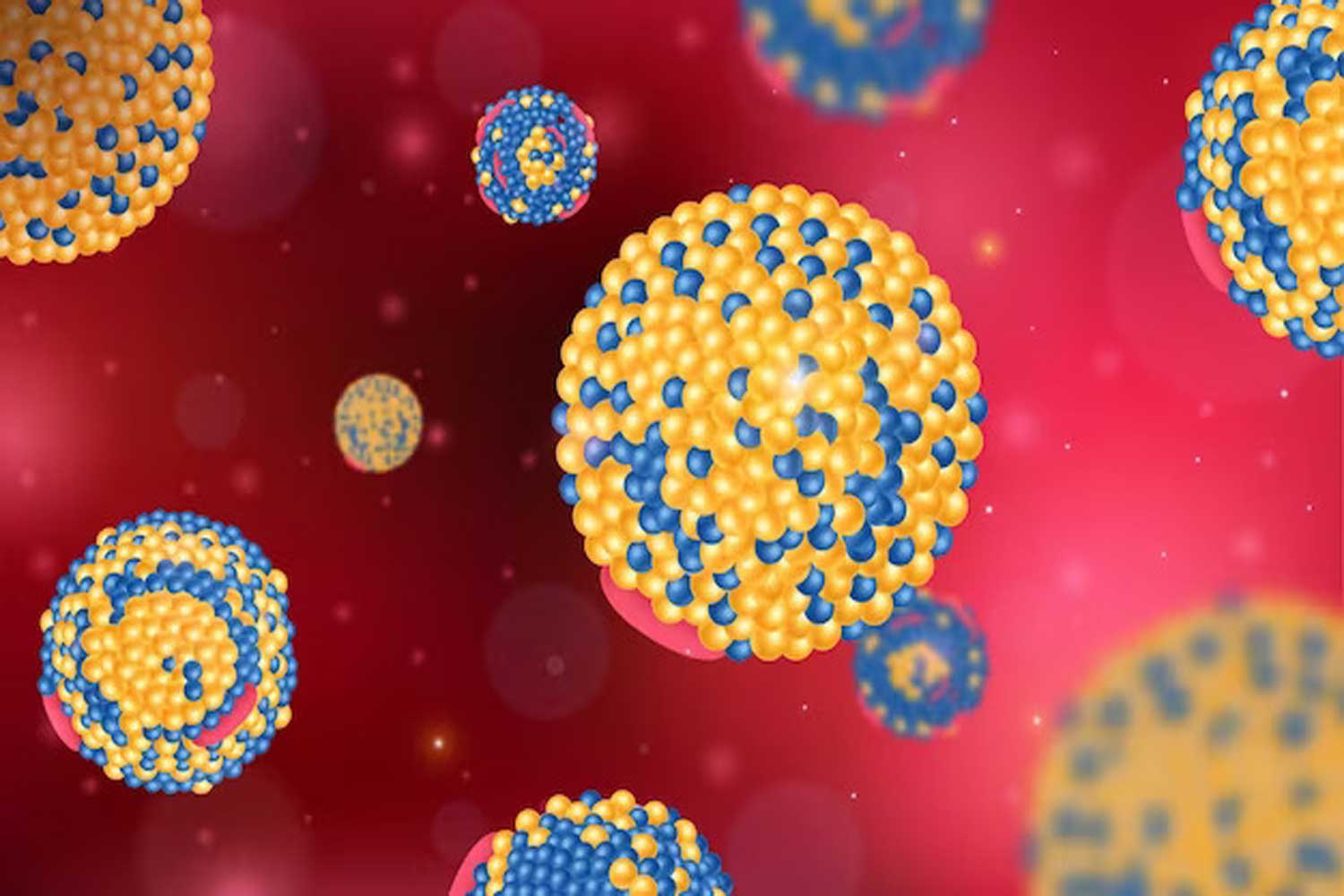Music. All of us listen to music to soothe ourselves while we’re doing some chores, studying, driving somewhere, or doing anything else. Music is a natural healer. It heals our body from the inside and rejuvenates us. Music becomes an invaluable thing in times of need. But can we use music as medicine?
Here, in this article, let’s discuss some major benefits of music, the scientific reason for how music helps us rejuvenate and heal, and why it’s used in hospitals for treatments.
Music As A Natural Healer
Music has long been used as a source of comfort and solace at times. It has multiple benefits and is also used in hospitals for giving music therapy.
Music can be a memory booster.
Music can act as a memory booster. In a study, it has been proved that those working with classical music or instrumental ones have outperformed those who worked in silence and white light.
The same study also tracked how fast people after listening to music can process or perform simple tasks like matching numbers to geometrical shapes.
The enduring power of music memory makes it a particularly resilient brain function against the effects of dementia. This has led caregivers to find success in utilizing music as a means to soothe individuals with dementia and establish deep, trusting connections with them.
It can be a supplement for better performance while studying.
Engage your brain with music; scientific studies reveal its active impact, evident in illuminated areas on MRI scans.
Recent research indicates that the mere anticipation of listening to music can enhance your learning drive. In a 2019 study, participants exhibited greater motivation to learn when they anticipated a musical reward.
However, it’s important to exercise caution. For students with lower working memory capacity, particularly when exposed to lyrical songs, listening to music may occasionally hinder the learning process, according to researchers.
It can treat stress and anxiety.
Music offers a powerful tool for alleviating anxiety and stress through various mechanisms. Firstly, it has the remarkable ability to regulate emotions. Whether it’s calming melodies or uplifting tunes, music provides a means to navigate and mitigate intense feelings. Additionally, music serves as an effective distraction, redirecting our focus from worrisome thoughts and situations, offering a mental respite, and enabling a clearer perspective.
Moreover, it impacts us on a physiological level, influencing vital signs like heart rate, blood pressure, and cortisol levels. Relaxing music, in particular, has been shown to reduce these indicators of stress. Lastly, music has notable neurological effects, triggering the release of neurotransmitters like dopamine and serotonin, associated with feelings of pleasure and relaxation. This contributes to an overall sense of well-being and tranquility.
Music can improve heart health, boost exercise performance, and decrease fatigue.
Music can significantly enhance heart health, decrease fatigue, and elevate exercise performance.
Firstly, rhythmic and upbeat tunes have been shown to synchronize with our heart rate, leading to improved cardiovascular function. This synchronization can promote better blood flow and circulation, ultimately contributing to a healthier heart.
Furthermore, music serves as a potent distraction, diverting our attention from physical exertion and reducing the perception of effort. This can lead to a decreased sense of fatigue during exercise, allowing individuals to push themselves further and for longer durations.
Additionally, music has a motivating effect, stimulating the release of feel-good neurotransmitters like dopamine. This surge of positive emotions can inspire individuals to push through fatigue and reach new levels of performance. The right music choice can serve as a powerful mental boost, especially during challenging workouts.
In conclusion, music’s synchronization with heart rate improves cardiovascular function, while its distraction from exertion reduces fatigue, enabling longer exercise. The release of dopamine provides motivation, leading to enhanced performance and overall well-being.












